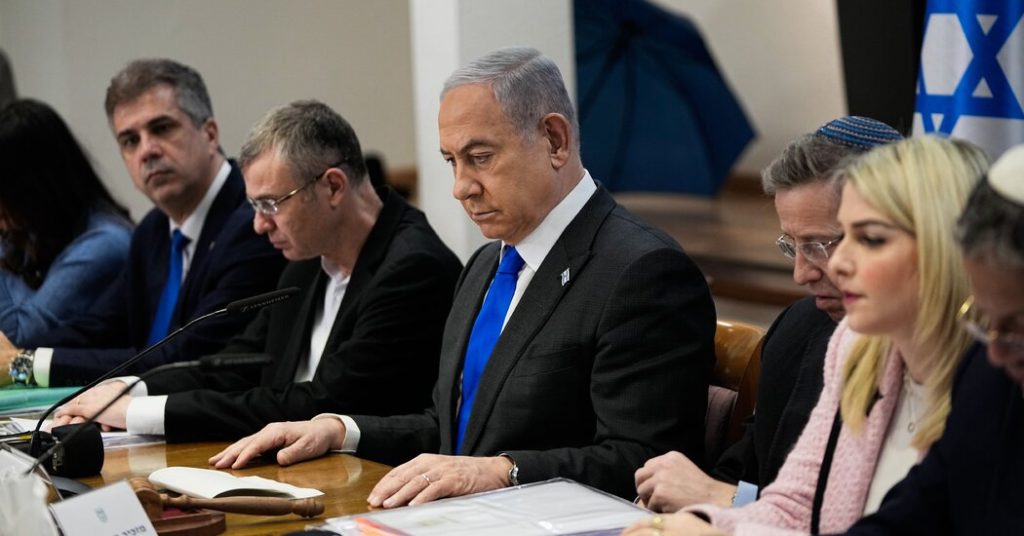Israel’s war in Gaza, now in its sixth month, is raising questions in Israel about the motivations behind Prime Minister Benjamin Netanyahu’s refusal to agree to a cease-fire. Some allies see his stance as necessary for national security, while critics believe he is prolonging the conflict for his own political gain. The war has claimed over 32,000 lives and has led to global condemnation of Israel.
The ongoing conflict has been exacerbated by an Israeli strike that killed seven aid workers in Gaza, prompting President Biden to threaten to condition future support for Israel on addressing concerns about civilian casualties. Within Israel, there is pressure on Netanyahu to reach a cease-fire to secure the release of Israelis captured by Hamas. Critics argue that the prime minister’s political calculations are hindering efforts to end the conflict.
Netanyahu’s reluctance to make decisions has intensified the chaos in Gaza, as Israel struggles to maintain control of territories captured from Hamas. Foreign allies, including the United States, have urged Netanyahu to transfer power to the Palestinian Authority, but resistance from right-wing factions in his coalition has prevented this. The war has strained relations with Arab allies and increased domestic pressure on President Biden.
The conflict has also spilled over into Lebanon, where Israel is exchanging missile fire with Hezbollah. Israel has targeted Iranian leaders in Syria to pressure Hezbollah to withdraw from the border. The deadlock between Israel and Hezbollah could lead to further escalation and potentially draw Iran into the conflict. Analysts warn that a misstep by any party could have severe consequences.
Criticism of President Biden’s approach to the conflict varies, with some arguing that his willingness to supply more weapons to Israel has emboldened Netanyahu, while others believe he has not gone far enough in condemning Israel’s actions. The lack of accountability and consequences for Israel’s actions may be contributing to the prolonged conflict. The intricate web of political calculations, alliances, and conflicts has created a complex situation with no clear path to resolution.
The war in Gaza has evolved into a regional crisis, threatening to derail diplomatic efforts in the Middle East and escalating tensions between Israel and its neighbors. The inability of key players to find a solution has left many in the region feeling hopeless about the prospects for peace. The longer the conflict continues, the more lives are lost and the greater the risk of a wider regional conflict. President Biden’s attempts to navigate this complex situation will be crucial in determining the path forward.


